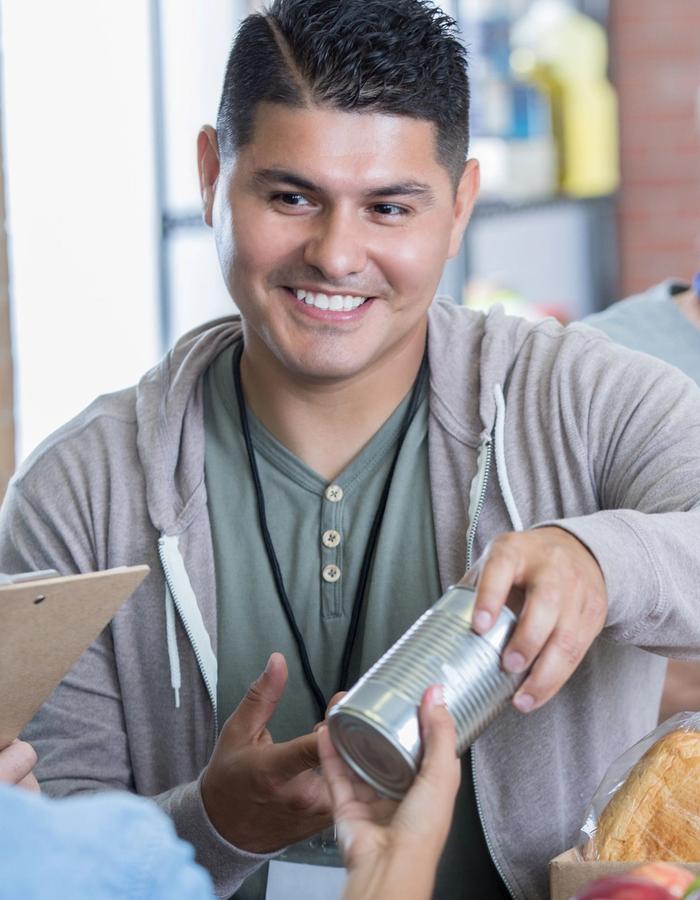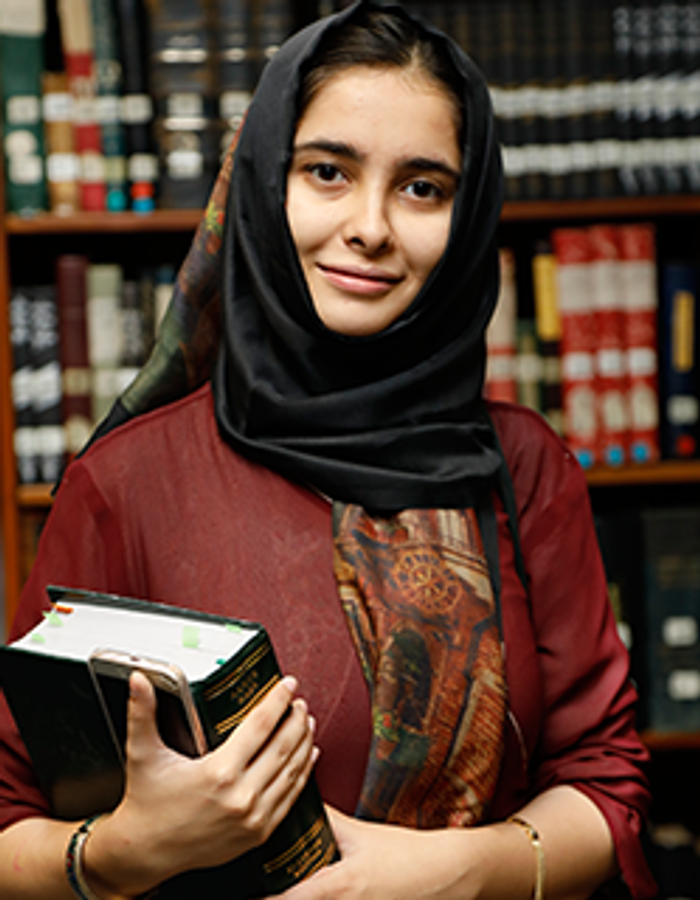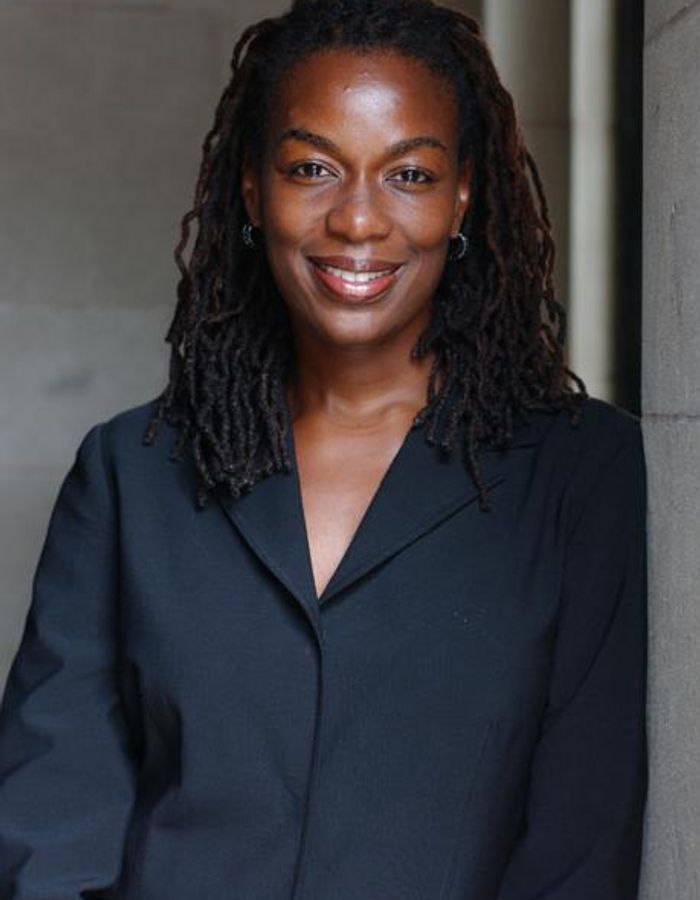How charities are making their services digital in light of Covid19
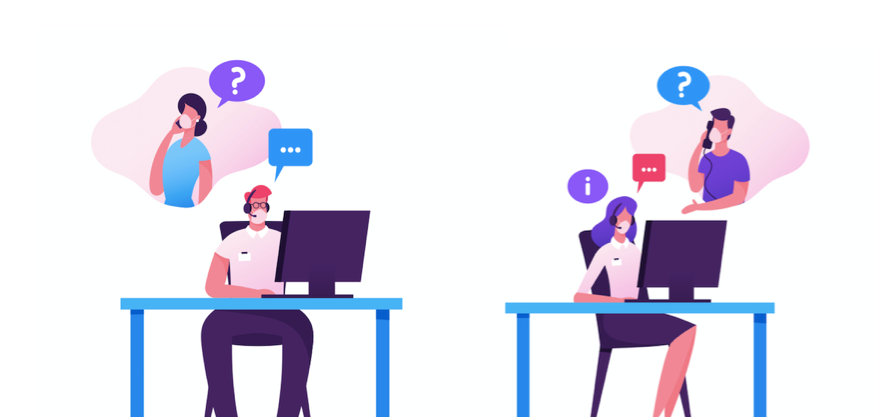
No one could have predicted a global pandemic that would force the world to go into lockdown with no guaranteed end date in sight. This has, of course, come with huge challenges. From setting ourselves up to work from home, juggling work and home life, having to change course to find different ways to support beneficiaries, to having to get creative with fundraising.
Despite these huge challenges, charities have quickly risen to the challenge and are supporting their beneficiaries at a time when they’re needed most. We wanted to shine a light on some of the amazing ways that charities have scaled up their digital support in this difficult time.
The Ramblers
In order to follow Government guidance, The Ramblers had to cancel all their group walks and other walking activity around the country during the lockdown. Aside from the daily exercise once a day, they could no longer promote walking in the same way, which is really hard for many of their members who rely on their group or independent walks for health, happiness and community.
In just two weeks they quickly pulled together a campaign, #RoamSweetHome, that aims to keep up the morale of their Ramblers community and encourages everyone to continue to be active in their homes and outdoor spaces (gardens, balconies etc) and on their daily walk, as well as connecting with each other as much as they can.
They created a dedicated webpage where they are sharing top tips for staying active indoors through a series of blogs and also showcasing all the lovely things members are up to. They also developed a weekly email for inspiration, ideas and guidance to keep up their rambling spirit.
To frame all the campaign activity, they developed a step challenge and encouraged all their supporters to submit their weekly step count to them to help them achieve amazing things together in the coming weeks. People are climbing Everest up their stairs or doing laps of their garden to take part!
Great Ormond Street Hospital (GOSH)
The Play team is an essential service at GOSH. They help seriously ill children through their treatment with techniques such as role-play, drawing and practising their procedures on toys. All of which helps them navigate their own treatment and feel more in control.
As all children are struggling with isolation during this time, GOSH launched The Power of Play Hub, which is a digital hub with free, expert resources, tips and activity ideas to help all children cope with the challenges they may face as a result.
The WI
As a central pillar of community life for many women in towns, cities and villages across the UK, the WI has had to adapt rapidly over the few weeks as the Coronavirus pandemic has developed. In true WI style, members have risen to the challenge of continuing their WI activities despite not being able to meet in person with #MyVirtualWI.
Many WI meetings, subgroups (book clubs, knitting clubs, film clubs) have been held virtually via Zoom or other video calling software. For those members who don’t use the internet, WIs have set up telephone trees and buddy-up schemes to make sure all members are being checked in on.
Alongside community efforts, WIs have been coming up with new ways to keep their members entertained as they’re not able to attend their regular meetings. St Mary’s West Wickham WI in Kent hosted a cook-along for members via Facebook Live. Manchester WI started a project called #WhatWImDoingNow and are asking their members to share what they are up to via social media and challenge two other WI friends to do the same.
NSPCC
As lockdown has meant that people are having to work from home as well as look after their children and help with homeschooling, NSPCC quickly developed a coronavirus hub on their website. This provides a central point for their advice for parents and carers, whether working from home with their kids for the first time or supporting children with anxiety due to coronavirus.
The Bike Project
The Bike Project refurbishes second-hand bikes, donated by the public, and then donates these in turn to refugees Whilst bike shops are counted as essential and can stay open during the current outbreak, the public may not feel comfortable travelling to a bike shop or may live too far.
For those who are experiencing technical issues with their bikes or need a service, The Bike Project launched ‘Virtual Dr Bike’. It’s an online virtual bike mechanic session led by their most senior technician, Stuart, who will support them with diagnostics, and coach them through any fixes he can support with.
Citizens Advice East Herts
Citizens Advice East Herts is a volunteer-based charity which offers free, confidential and impartial advice to local residents and workers on a range of issues. In response to Covid19, they had to create a home workforce from scratch with their volunteer advisors in just one weekend. They distributed work laptops and trained volunteers to provide advice over the phone or using a new webchat service.
Rainbow Trust Children’s Charity
Rainbow Trust supports more than 2,500 families across England each year. The families that they support have often experienced high levels of stress for many months or years, and frequently report feelings of isolation and anxiety as they care for their seriously ill child. The current situation has intensified their vulnerability.
They’ve adapted their services in a number of ways. Sibling support has always been a significant part of Rainbow Trust’s support for families. With schools being closed, siblings of seriously ill children have lost an important outlet, where they would have normally been distracted or comforted by classmates and teachers. Family Support Workers are now giving regular video and telephone support to these siblings, to distract them, to brighten their day and listen to their fears. Support includes sharing of competitions, exercise routines, interactive cooking sessions, and storytimes.
For some parents whose children have recently died, their Family Support Worker is the only emotional support available to them as they face the deeply distressing prospect that they do not know when or how they can hold a funeral for their child. This support is given via video, phone or text as suits the family.
Chilterns MS Centre
Chilterns MS Centre is a therapy centre for people with MS. They provide physiotherapy, exercise classes, social groups, occupational therapy and oxygen all on a face to face basis. The government guidelines have meant that their beneficiaries are classed as vulnerable and they had to stop their face to face care before the lockdown started. They’ve developed new ways of working with a restricted staff (as some were self-isolating too) and this has meant embracing digital.
They’ve embraced zoom, made their own videos and their members have done the same. They’re now running live virtual classes to continue to provide support to those living with MS.
OTR Bristol
OTR, which is a mental health charity for young people in Bristol, has had to shift their one-to-one and group sessions with young people to online. They are running sessions via Skype, Google Hangouts and even Whatsapp – whatever they can feasibly and safely offer with robust privacy.
They have also produced a whole load of online content, ranging from practical mental health tips to more ‘thinking outside the box’ clips, such as Italian lessons and an online ‘Pet-Together’, all with the idea of lifting people’s spirits and providing resources and ways to pass the time.
The Children’s Society
The Children’s Society normally provides face to face support for thousands of teenagers who are experiencing really tough problems from mental health to criminal exploitation. With this no longer being possible they had to quickly move to digital platforms and get IT to kit out their frontline staff, as well as trialling new ways of working such as online support groups, video chats and calls.
But one example that stood out was how a Young Refugees & Migrants Practitioner helped a young person who had been struggling to get motivated and get out of the house. He is someone who really needs structure and is really engaged in college but now he spends all his time at home with a lot of time to think. He had totally lost his routine and so struggled to get up in the morning.
Sophie found a unique way to help him,
“I suggested we both have a walk. We both left our homes at the same time for our once a day exercise and walked to the nearest park. We chatted about what we could both see, what people were around if there were animals and nature in the park. I think it improved his mood quite a bit and I think we had conversations that we wouldn’t have had if we doing face to face work, we usually focus on casework.”
How has your charity adapted digitally to the Coronavirus pandemic? We’d love to hear so tweet us at @Lightful.
Latest articles

In a world of growing uncertainty, small and local non-profit organisations often find themselves with competing priorities and struggle to plan how to allocate their available resources. Despite the increasing demand for their vital work, they are not always able to allocate the funds they receive to strategic planning and future growth.
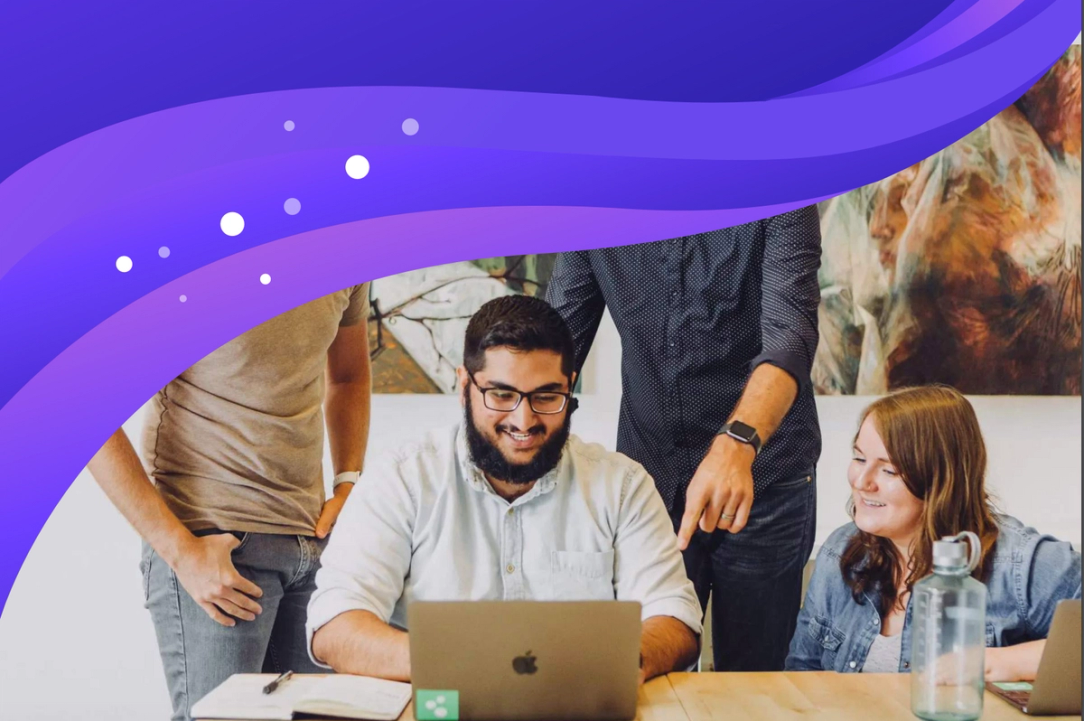
As the world becomes more digitally-focused, it’s essential for nonprofits to have a digital presence. With more and more options for online engagement, we know that this can be challenging for nonprofits to tackle. But, we also know that it is a huge opportunity to increase audience engagement, awareness and fundraising. To help nonprofits navigate this, we’re going to explore the “whys” and “hows” of creating a nonprofit digital strategy. We’re even providing a free digital strategy canvas to help nonprofits improve their online presence in just a few steps.
Related posts
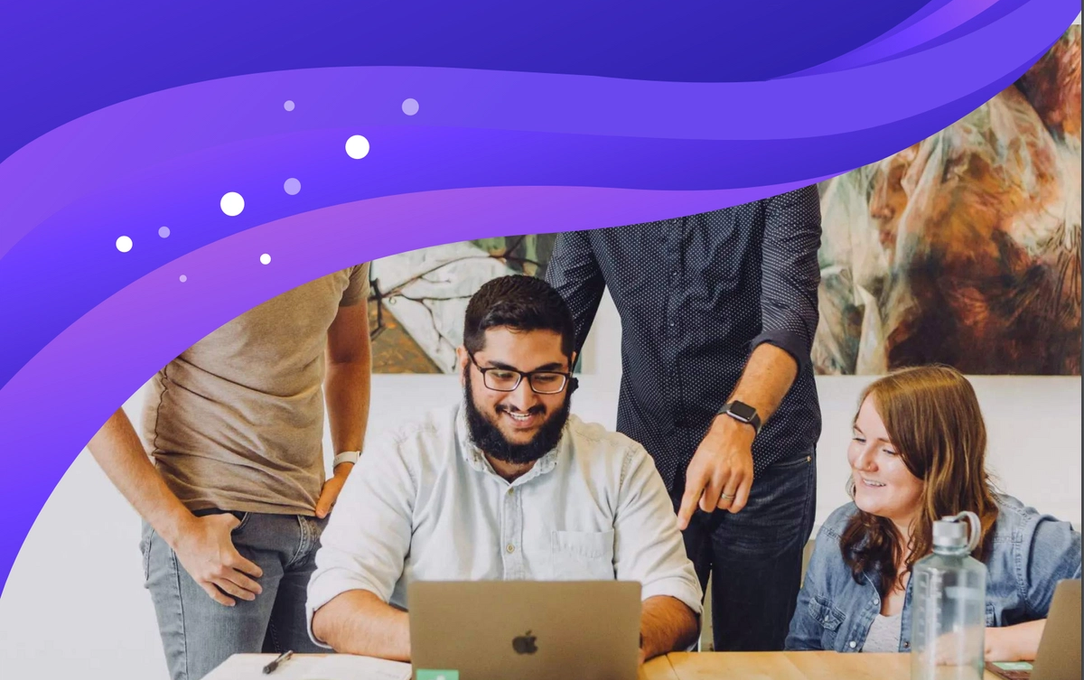
As the world becomes more digitally-focused, it’s essential for nonprofits to have a digital presence. With more and more options for online engagement, we know that this can be challenging for nonprofits to tackle. But, we also know that it is a huge opportunity to increase audience engagement, awareness and fundraising. To help nonprofits navigate this, we’re going to explore the “whys” and “hows” of creating a nonprofit digital strategy. We’re even providing a free digital strategy canvas to help nonprofits improve their online presence in just a few steps.
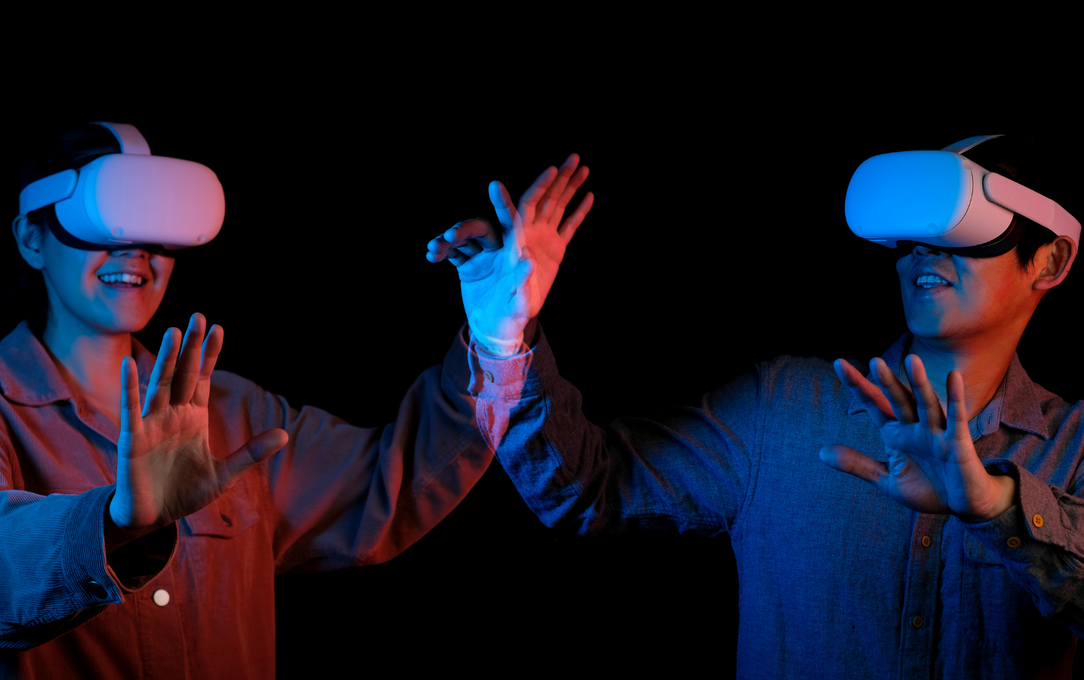
We’ve been hearing a lot about the metaverse lately and nonprofits that we work with are wondering what the emerging technology means to them. It’s difficult to get your head around something so new and different so we wanted to try to dig into it to understand more.
See who we help
Contact us
Want to learn more?
Email Jonathan and start a conversation


